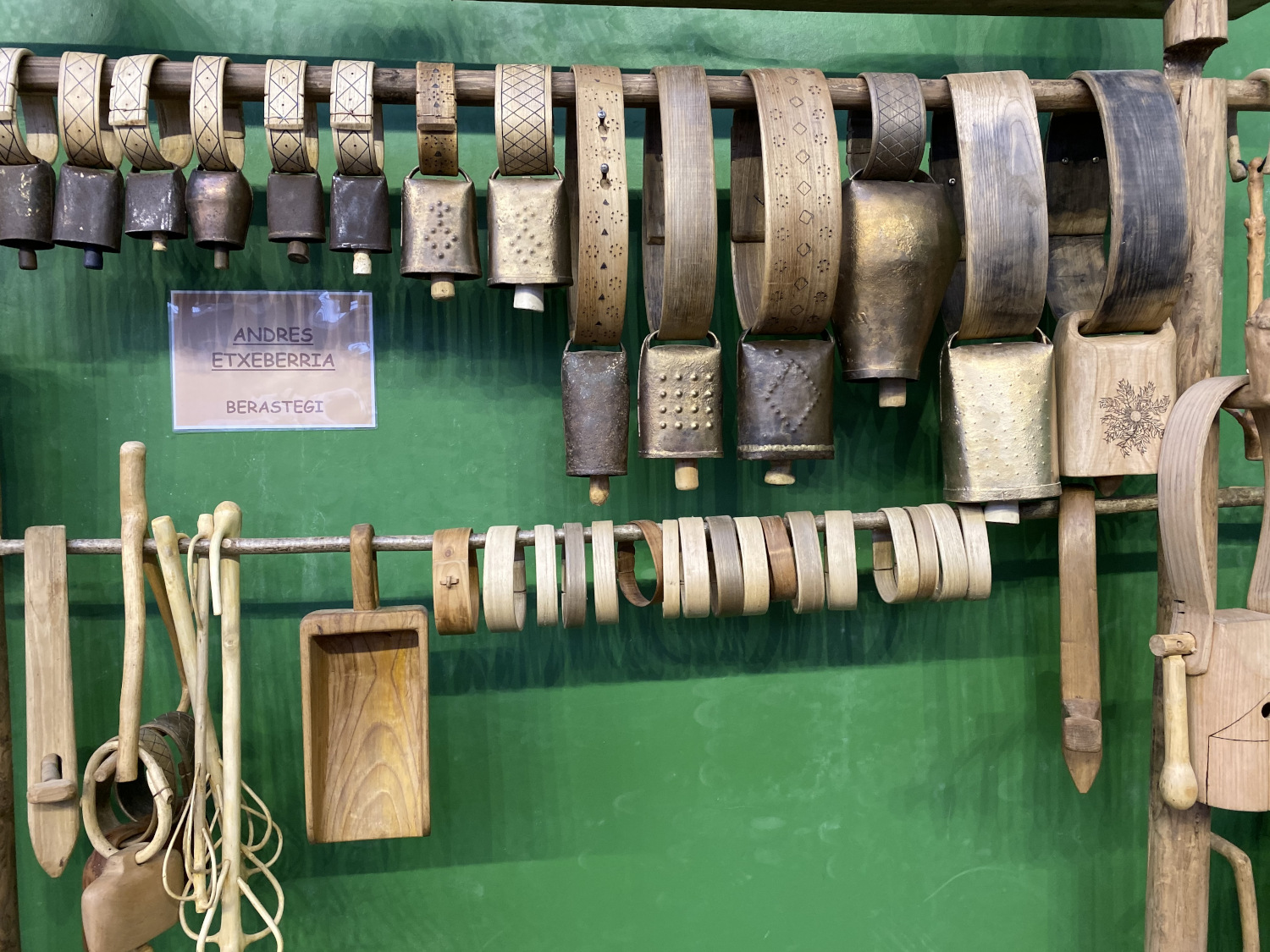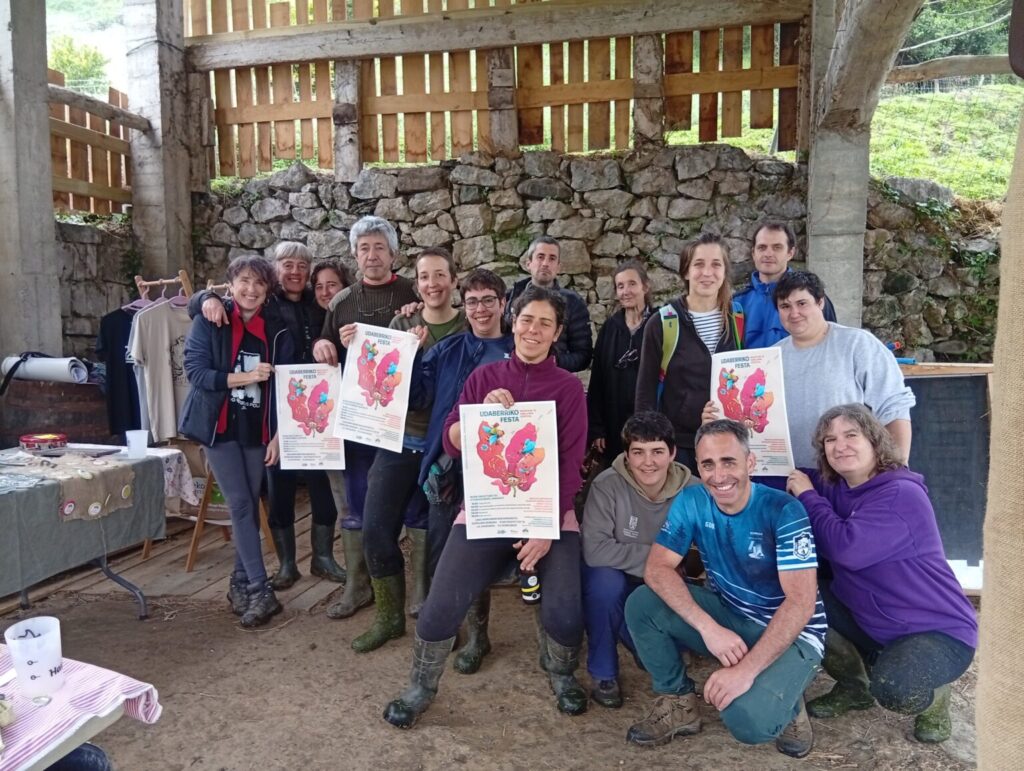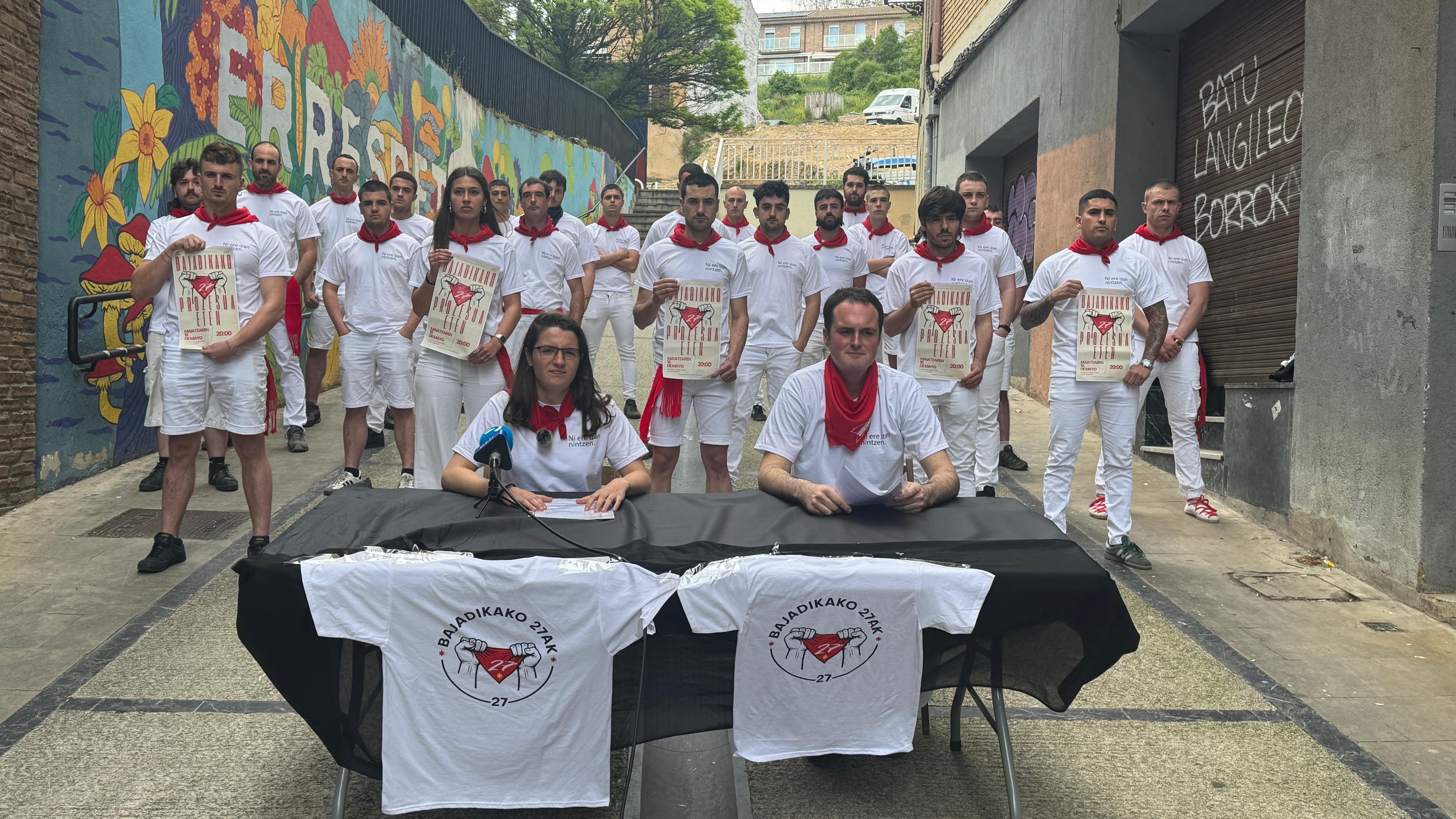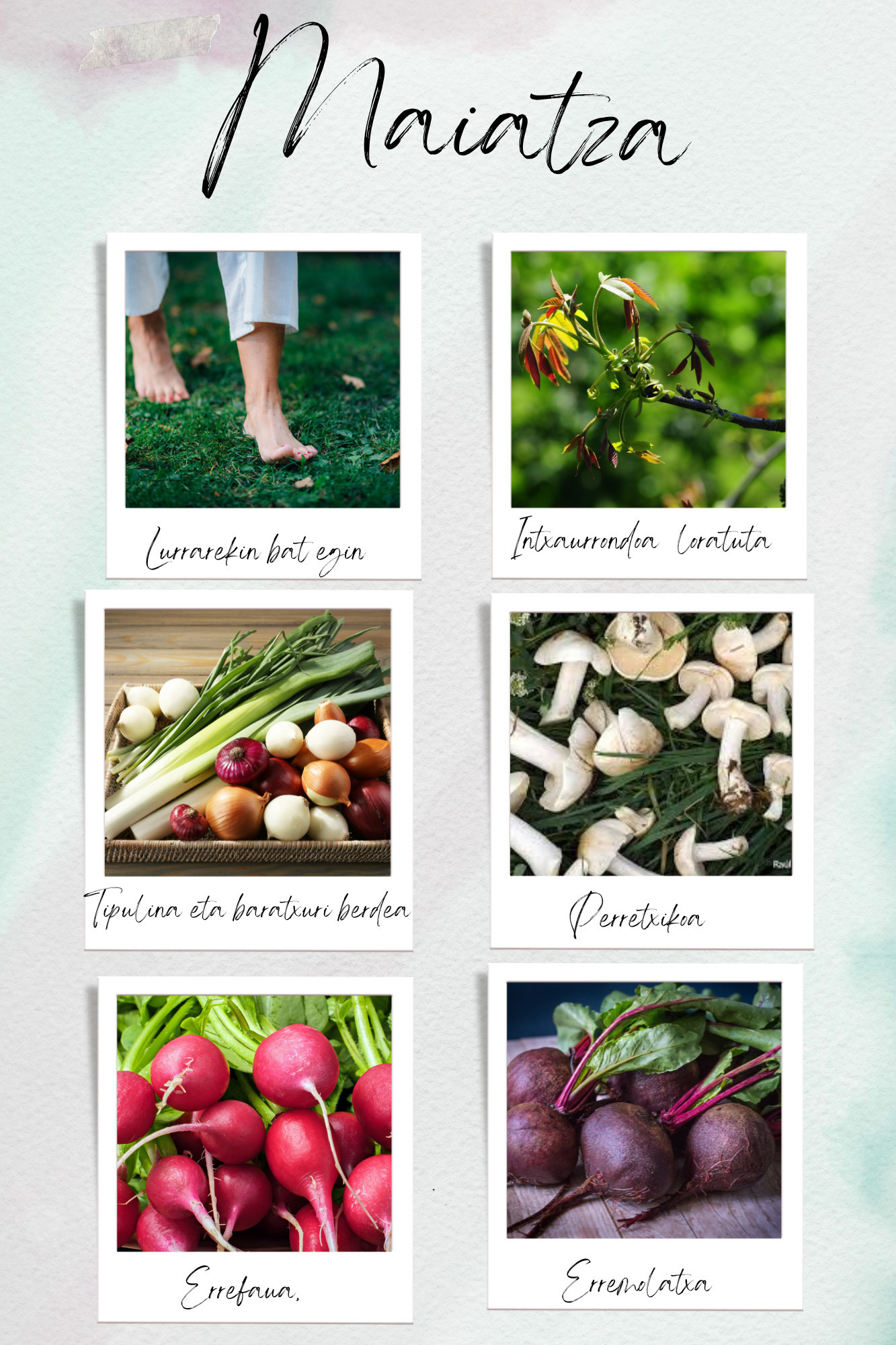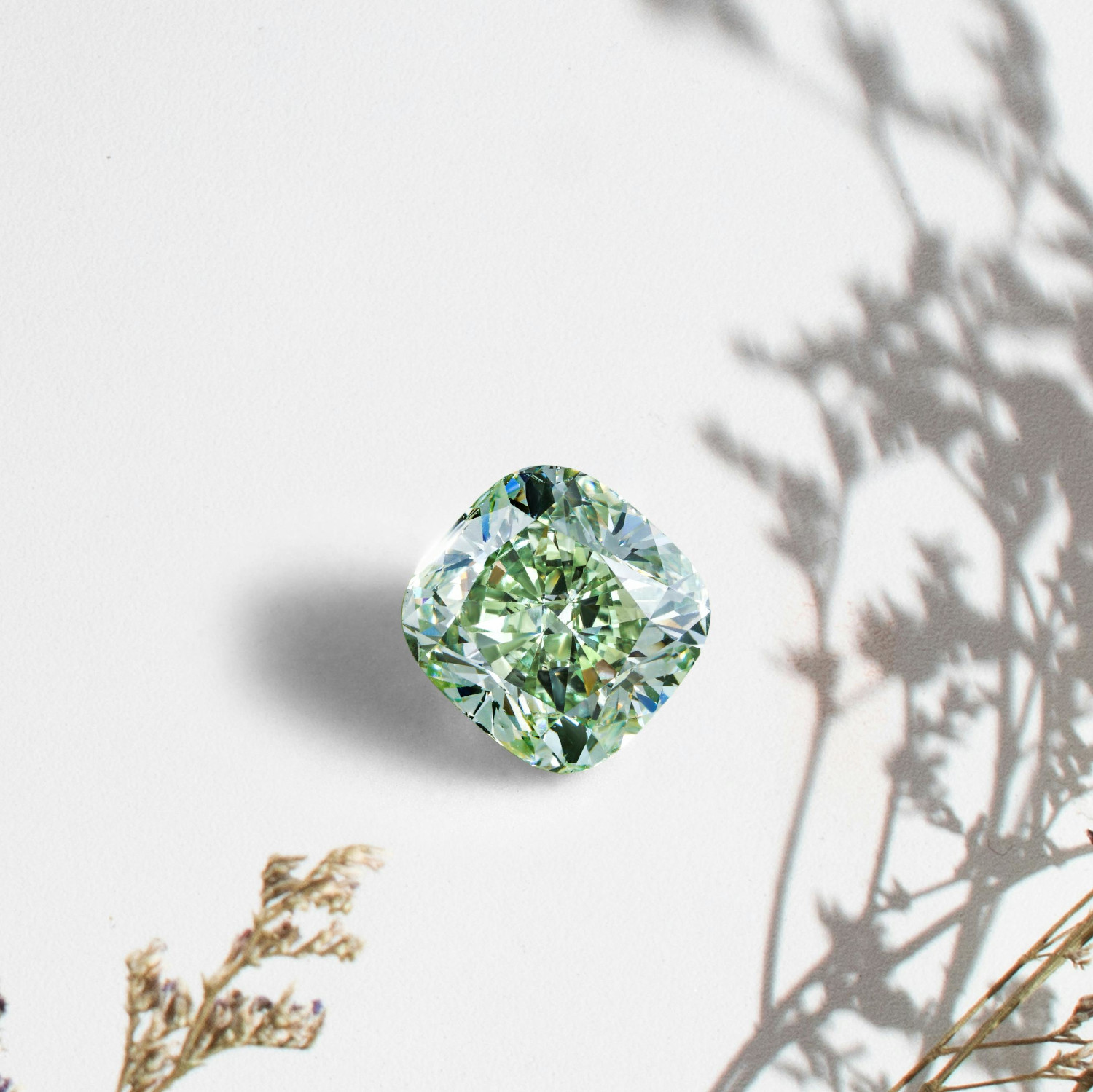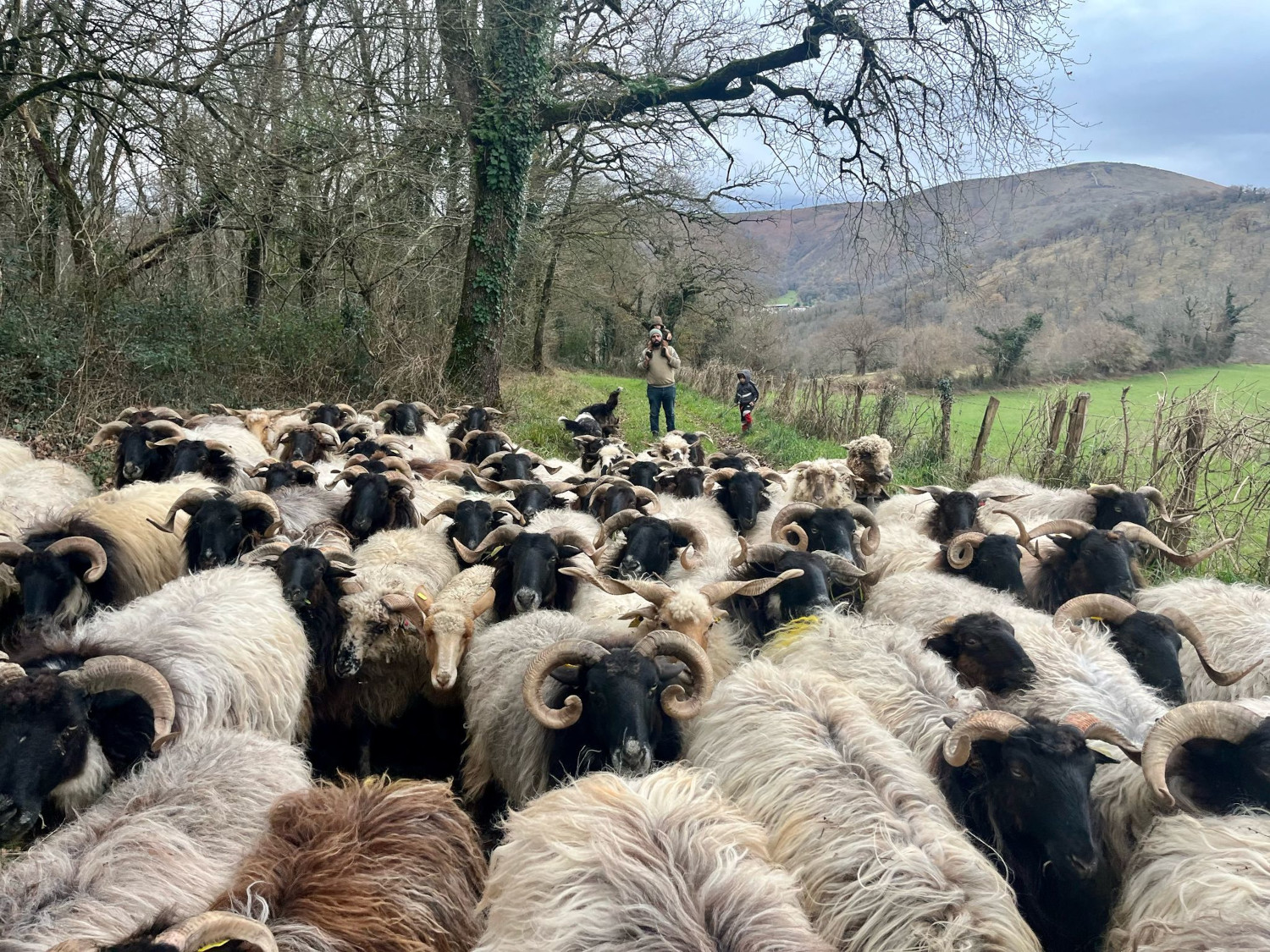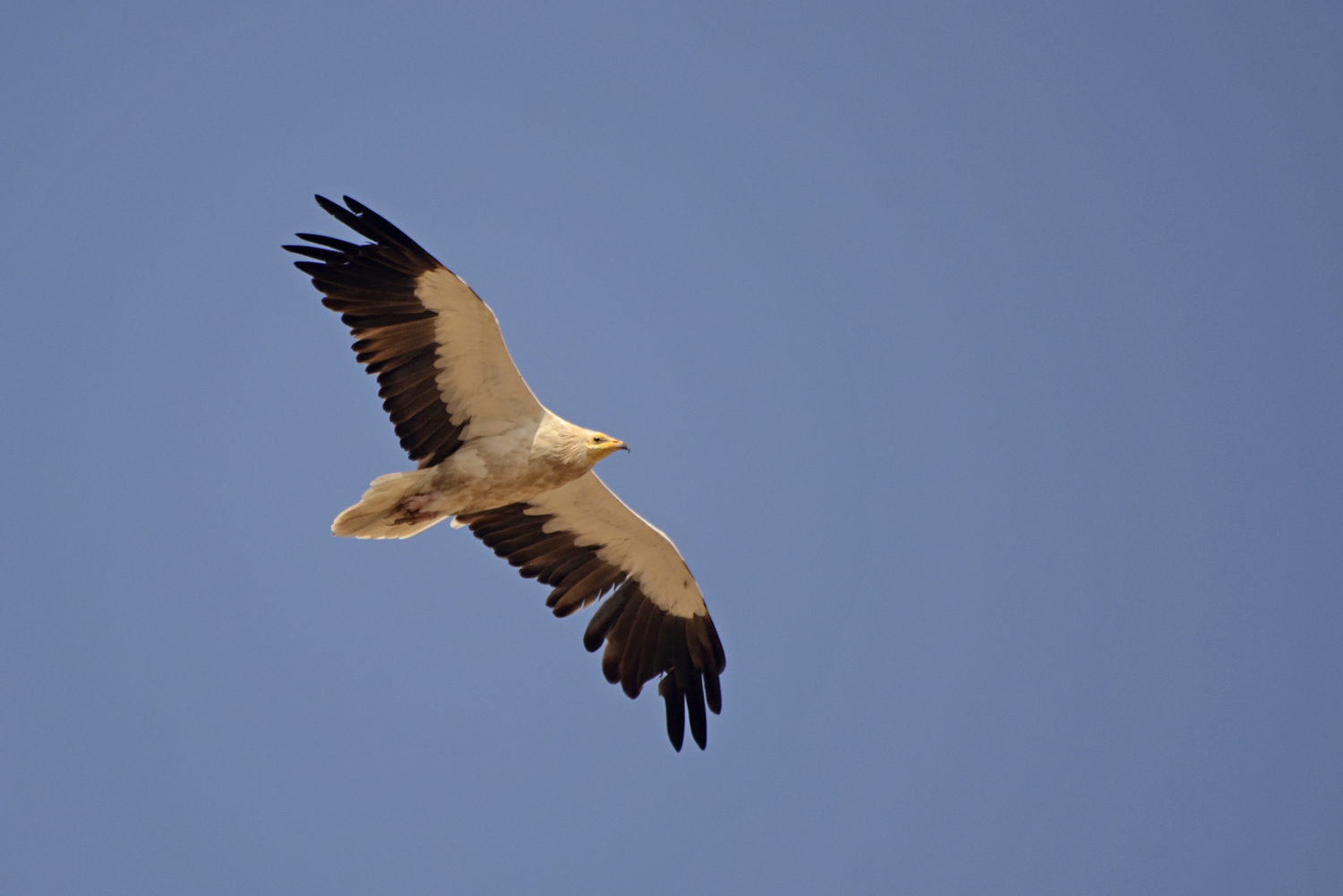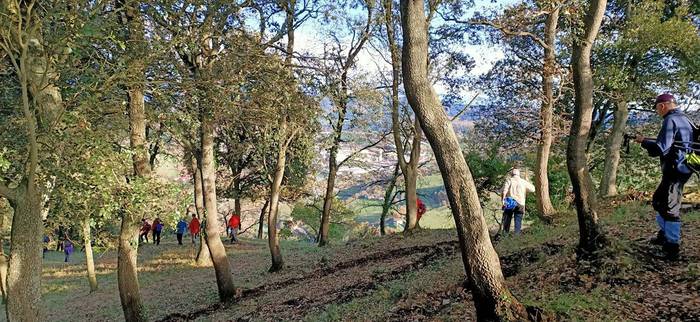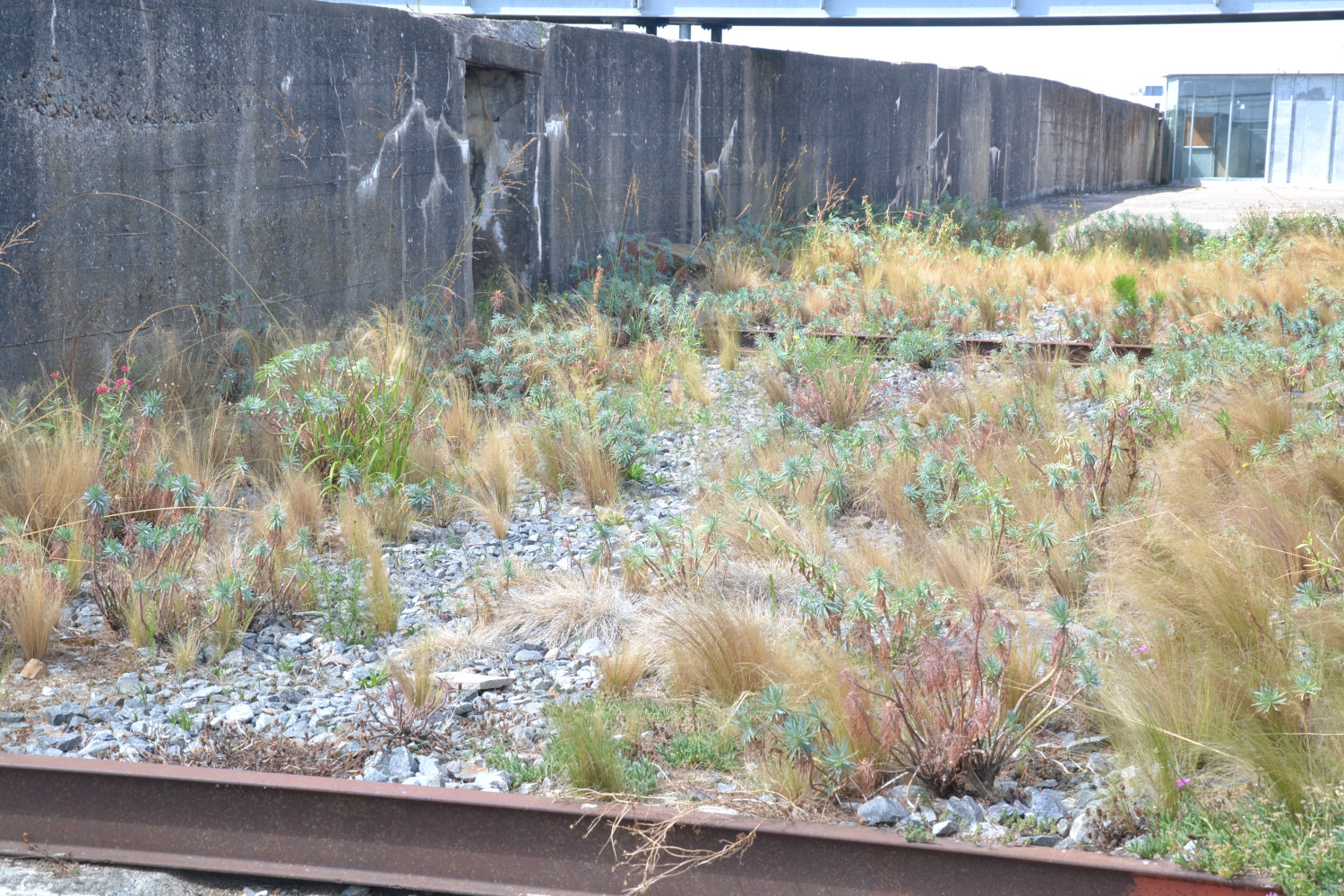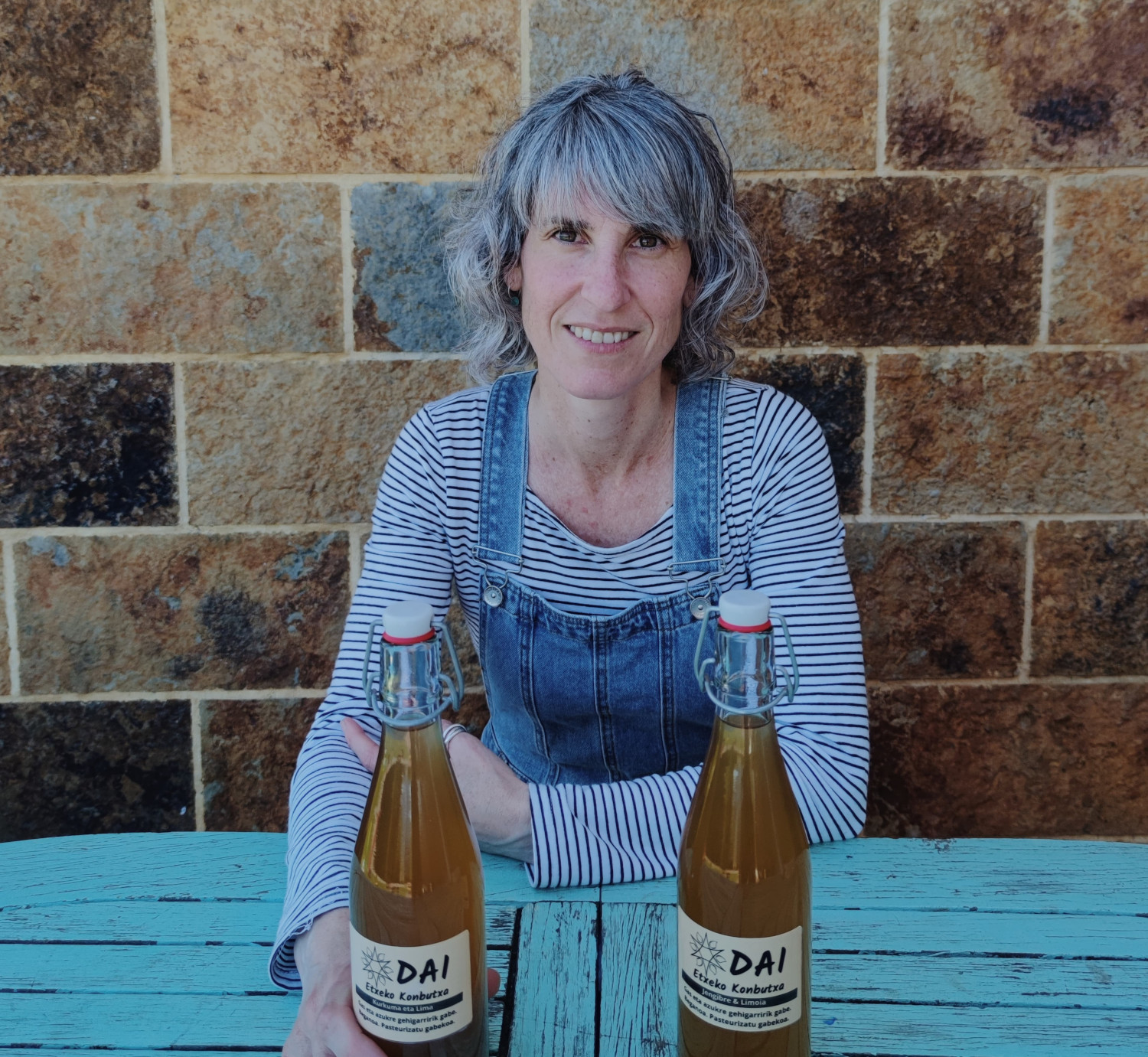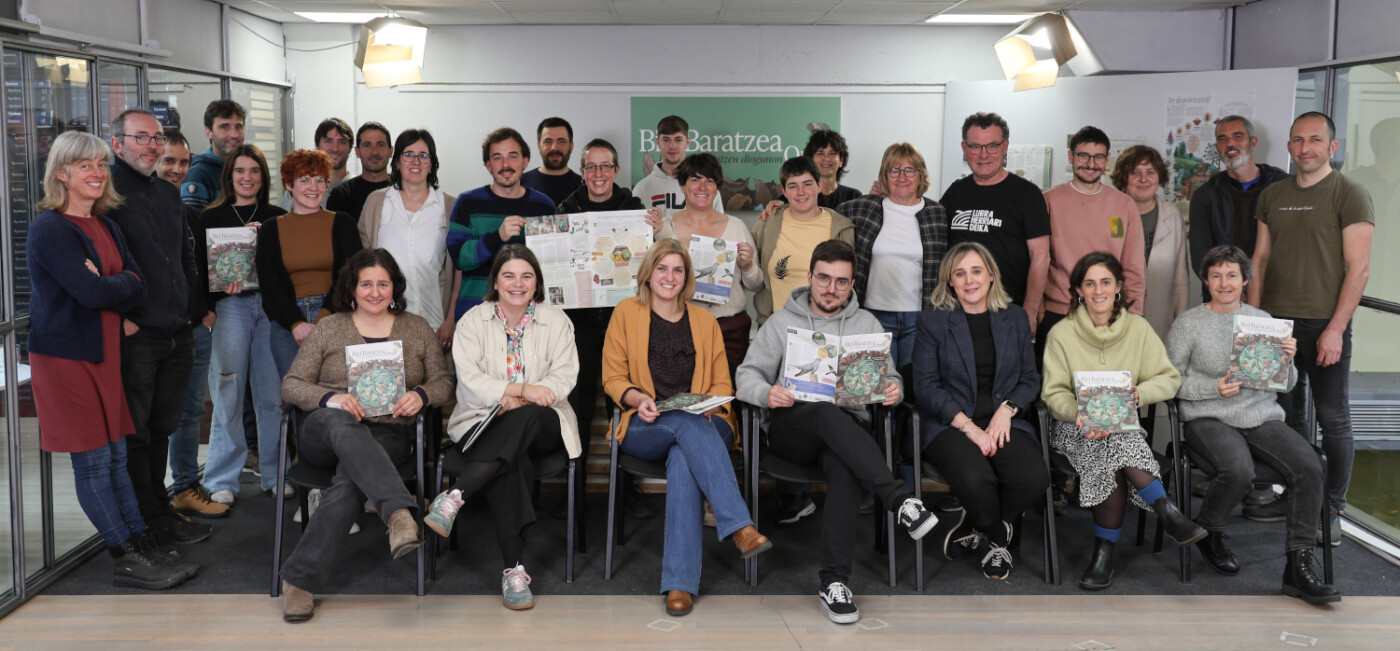Autumn to spring murgil

The robles of our surroundings (Quercus robur) have flushed and flushed everything. In the distance, the black pines of Insinis (Pinus radiata) blur the landscape, but the oak pints and the elegant robledales back do not show anything else in the eyes, let alone on the scale of blue and blue. In the reds, it's the reddest, the red cattle, the red cow. I remember the end summer color of the red ant: a dizzying glow.
There is the so-called red oak, usually known as North Oak or American Oak (Quercus rubra), but its red is the scarlet, the red color of the lips, the purple, of the grape wine. That's the cider of the other barrel.
In the shortest days, the sun travels in the sky the most angry decay of its history, and its rays, like the rain in the strongest wind, parade on horseback, parallel to the earth. This light is a matter of a few days, a month and a half, and it's waiting for me from sunrise to dusk.
This year time has helped. As our grandmother said yesterday, she has beheaded most of the trees. Boneless. In our house, we only use the moildu verb to say that the pieces of fruit with rods are removed from the trees. I never heard it said that the wind was pulling the leaves out of the tree. Fruit is important, but also leaf. When the leaf gets pebble, it eats, it gets stony, terrible, mattress... What is it?
As I write about the beauty of the hot days of the fall, I have received a message from the poet, with a technical question in his words: asking me how the lesson is told in Basque, if you can say iris as it is accepted in Spanish or in English. I answered that the name of Iris comes from the scientific name of lyrical and from the Greek goddess Iris, goddess of the Rainbow. And to say iris to the flower that the mere poets' poetic attributions are. And that is not said to him among vegetarians, except to refer to the scientific genre (Iris spp). And from that goddess, from the Greek to our own, “a pont de mar blava”, sung by Lluís Llach, through the navy blue bridge in Basque, that is, maple grass, we call the common lyric, Iris germanica.
And he asks me how I could write "Wild Iris" "Wild Iris" or "Wild Lily" from another poet. And I think about what the poet wrote eleven years ago. “...And I went out into the street. Today, we use masks / We use them and we move in a special way. You have to discard some words but invent others / Let’s go...”. I told him we used the wild to call it an animal. That the plant is wild or wild. I told him that I would return the plain land of Uztargi and the land of Uztargi, using the poets’ poetic authority.
A message about one of the most elegant flowers of spring that I know has broken my spirit at this time and spoiled me the best of fall.








